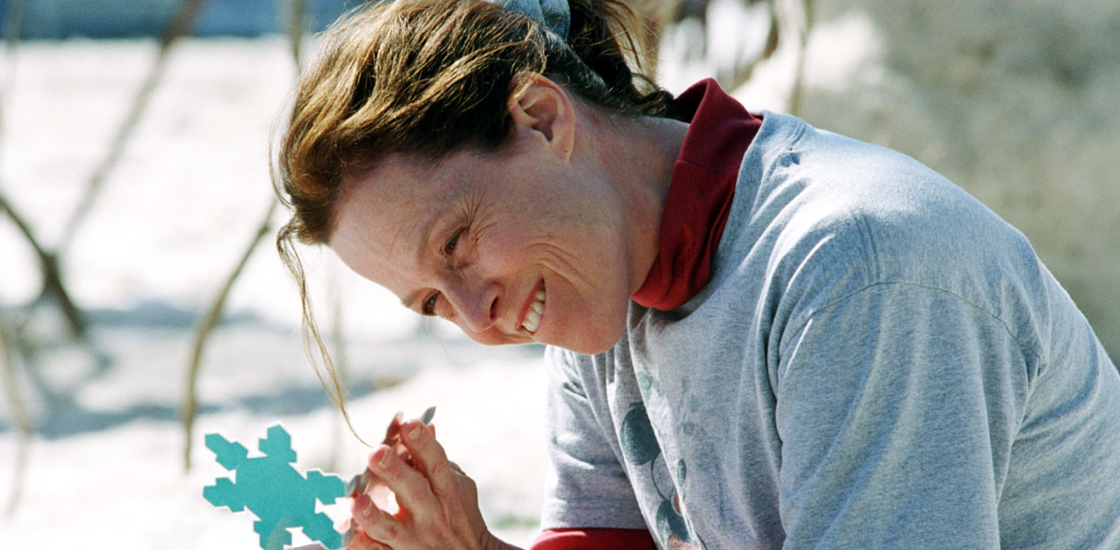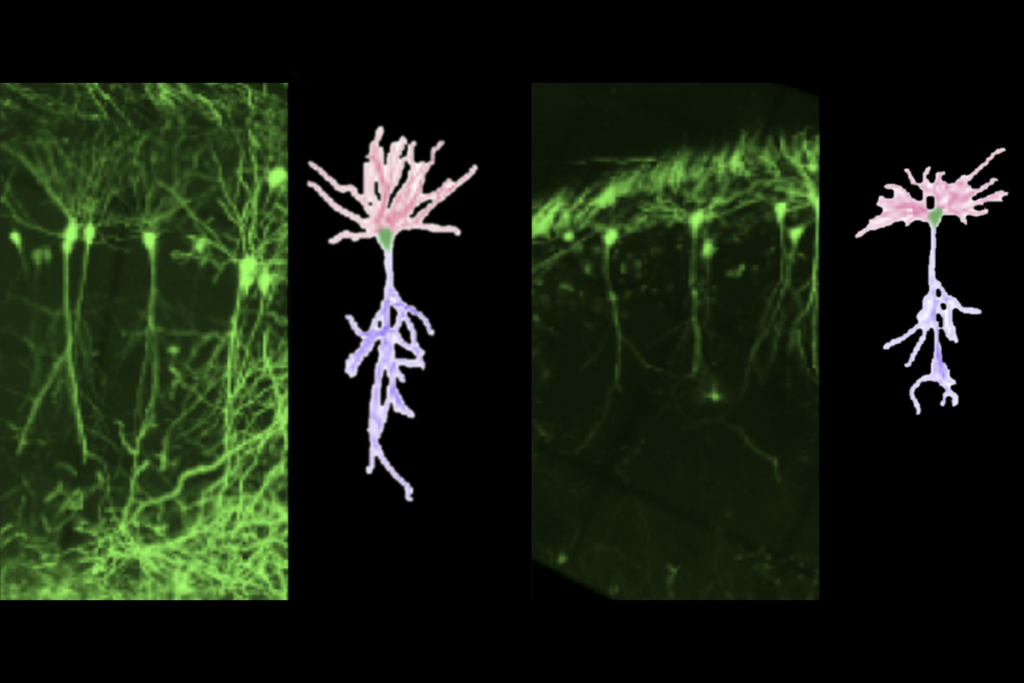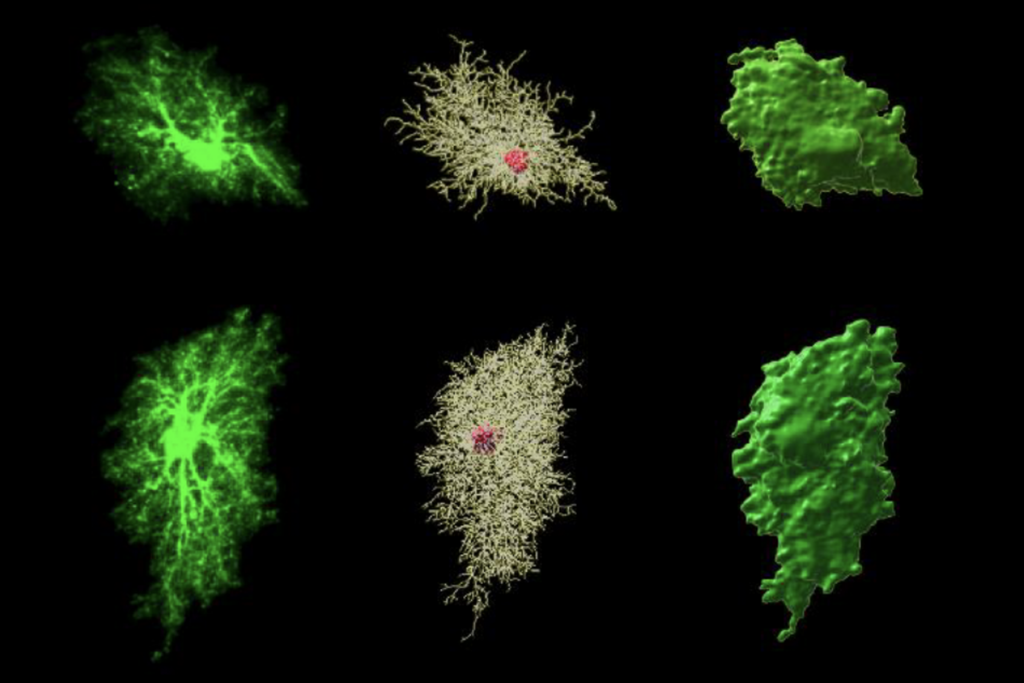
Depictions of autism in popular culture often overemphasize certain traits, such as social awkwardness and restricted interests. Some characters have savant-like abilities — think Dustin Hoffman in “Rain Man” — when in reality, savantism is rare among individuals on the spectrum.
This tendency to exaggerate quirks and omit subtler features of autism paints a cartoonish picture of the condition instead of the intricate portrait it warrants. We asked people who have autism or a child on the spectrum to share their recommendations for the truest depictions of autism in books and on the screen. Here are their selections.
Emily Brooks:
When it comes to autistic representation in middle-grade and young adult literature, “Anything But Typical” by Nora Raleigh Baskin has my heart. This story of an autistic boy navigating a neurotypical world is told from the perspective of Jason Blake, a compassionate and creative 12-year-old writer. “Anything But Typical” is a standout because Baskin portrays Jason as relatable and authentic and avoids stereotypes about autistic people. She also builds a plot that isn’t just about autism and includes examples of stigma and ableism (disability-based discrimination).
For too long, we have whitewashed autism. This bad habit makes it all the more crucial to take in the artistic and written stories in “All the Weight of Our Dreams: On Living Racialized Autism.”
The anthology features contributions from more than 60 autistic people of color from seven countries. Published by the Autism Women’s Network, “All the Weight of Our Dreams” amplifies the voices of autistic people who are ignored or silenced, illuminates the impact of racism and ableism on experiences of being autistic, and broadens too-narrow media representations of autism. It is expected to be published early next year.
The documentary “Best Kept Secret” follows autistic students from a Newark, New Jersey, public high school as they prepare to transition out of the education system into adulthood. Their teacher, Janet Miro, desperately tries to find meaningful educational and employment supports for the soon-to-be graduates. “Best Kept Secret” highlights the lives of autistic young men of color living in one of New Jersey’s poorest cities, the lack of quality adult services, and the caring dedication of a teacher who wants her students to succeed in an unjust world.
Valerie Paradiz:
The HBO comedy series “Silicon Valley” features a cast of brilliant, underdog tech nerds and eccentric, billionaire financiers who subtly highlight some autism traits. A nervous, socially naive developer of a revolutionary algorithm becomes the unassuming chief executive officer of a startup company who struggles with making eye contact. Among his coder friends and business associates is a cyber security master with no affect and no social filter, a new chief financial officer who asks his boss for permission to use the restroom because he doesn’t know the office rules, and a cloistered capital investor whose logic paths in conversation defy neurotypical reason.
Ari Ne’eman:
I’ve always felt that the best depictions of autism in popular culture are through characters whose diagnoses are only alluded to. When it comes to explicitly autistic characters, television and movie writers often turn them into lists of symptoms and challenges. They don’t round out their characters or have them confront the complexity in life as other characters do.
When a television show acknowledges the autistic nature of a character with a wink and nudge, it is likely to fully integrate the character into the narrative. This sort of integration results in more realistic portrayals of autistic traits. In “Community,” a comedy about a close-knit group of friends, the writers showcase the focused interest in movies of one socially awkward friend, Abed. In the family comedy “The Middle,” the story brings out the younger son Brick’s interesting adventures navigating the school system. In both shows, we come to learn about Brick and Abed as real people, rather than one-dimensional characters, which makes for good television.
Shannon Des Roches Rosa:
Literary autistic characters are usually the creations of fascinated non-autistic authors. As a result, these characters often struggle to fit into and figure out a world that rarely accepts or accommodates them. Autistic author Corinne Duyvis’ novels, by contrast, are about the genuine experience of being autistic.
Duyvis’ 2016 novel “On the Edge of Gone” is a particularly welcome read. It explores what it would be like to cope with a post-apocalyptic society as an autistic person — and involves spaceships (I am a sci-fi nerd). It tackles topics that rarely emerge in popular fiction, such as the experience of autistic people who are black or women. It also explores what it’s like for an autistic person to recognize autism in someone who isn’t necessarily aware of it in themselves.
The television series “One Mississippi” offers a reasonable portrayal of an undiagnosed autistic adult, Bill. Even though Bill is not described as autistic, his traits should be obvious to viewers in the autism community. To the show’s credit, the other characters (mostly) respect, love and berate Bill for who he is. The series does not underscore his quirks as plot points. It seems a fair treatment of an older autistic man who grew up before expanded autism diagnostic criteria could have included him, and who may never be given a label.
I finally saw “Snow Cake,” a movie about a developmentally disabled autistic woman named Linda living in her own house and on her own terms. I’d previously had the good fortune to hear autistic speaker Ros Blackburn talk about her experience as the model for Linda, played by Sigourney Weaver. Overall, I found the movie’s portrayal of Linda thoughtful and fair. I chortled at her disdain for common social niceties, such as small talk, as well as her impatience with busybodies who don’t take her words as literally as she takes theirs. I wish the writers hadn’t chosen to give Linda a gluten allergy, given the pseudoscience behind gluten-free, casein-free diets. But the movie was released in the dark ages of 2006, so it could have been worse.
Recommended reading

Common and rare variants shape distinct genetic architecture of autism in African Americans
Explore more from The Transmitter

Frameshift: At a biotech firm, Ubadah Sabbagh embraces the expansive world outside academia



